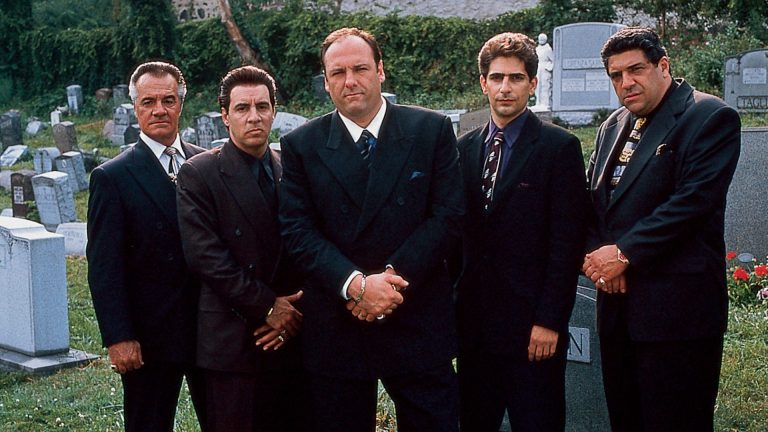Did women ruin the workplace? No, sorry, I meant to ask – did liberal feminism ruin the workplace? For the avoidance of doubt, these aren’t my words – I’m not currently suffering from a concussion, thank you very much – but those of the New York Times. The first question was the original headline of a piece they published last week; the second was what they replaced the first one with, presumably when they realised that they’d lost their minds.
Though nestled in the opinion section, it wasn’t quite a column. Instead, it was the transcript of a podcast hosted by Ross “I’ll do anything for love but I won’t” Douthat, and featuring very special guests – two female conservative writers. Oh ambassador, really, do put these Ferrero Rochers away.
Helen Andrews, our first contestant, recently published an essay called The Great Feminisation, which argued that “feminism has failed us because it’s made our institutions too feminised, driving men and masculine virtues out”. Leah Libresco Sargeant, on the other hand, wrote in her book The Dignity Of Dependence that “liberal feminism has failed us by forcing women to suppress their nature and fit into workplaces and social systems made for men”. Presumably Scylla and Charybdis were already booked up that week and couldn’t make it to the New York Times‘s podcast studio.

The discussion unfolded in precisely the way you’d imagine – going from wrong opinion to eyebrow-raising assertion, then onwards to an intellectually dubious conclusion, and back to square one. Picking a favourite part would be tough – there are just so many to choose from! But Andrews arguing that “the law is currently lopsided in favor of punishing male vices and allowing feminised vices totally free rein” may well take the biscuit. If whatever world she’s living in is looking for new citizens, I’d love to throw in my application.
Still, there was something vaguely compelling hiding there, deep in the bowels of an otherwise enraging conversation between smug reactionaries. Modern life isn’t really working for anyone right now. Women aren’t exactly thrilled about their careers but neither are men; somehow, we’ve seemingly managed to build a world which suits… no one. It seems worth wondering how that came to be.
Suggested Reading


The menopause and dangers of quack doctors
For what it’s worth, my theory is that feminism was stopped in its tracks too early for its own good. Across the second half of the 20th century, women’s lives kept changing for the better. Suddenly, they were told that they could do the jobs that men did, and the sports that men did, and go to the places that men traditionally inhabited, and they could share their hobbies and interests, and so on and so forth. While doing all of this, they were also free to keep more traditionally female occupations and interests.
This was, in many ways, a roaring success, and things keep changing for the better today. There are now plenty of female barristers and female doctors, when there used to be so few of them. Over the past few years, women’s football finally rose to a prominence it could have only dreamt of even a decade ago. More broadly, it seems true that, in most areas of life, women can do just about anything men can.
Really, the trouble is that men never were told that the opposite ought to apply too. Of course there are, for example, male nurses and carers, but the professions remain seen as inherently female. They’re also far from the exception, as studies on “male flight” have shown. As it turns out, there is now a well rehearsed dynamic across sectors.
Step one: an industry or field of study is crushingly male-dominated. Step two: women join it. Step three: no, really, they join it in great numbers. Step four: put off by what they now deem to be too female-coded, men choose to abandon that industry or field of study. One particularly striking area where this happened is veterinary medicine, but it isn’t the only one.
Though this focuses on work, as the original discussion did, it’s a dynamic that can be found outside the office as well. Over the past few decades, it has become more and more acceptable for women to embrace whatever it is that men do or enjoy, but the opposite has remained a tough nut to crack.
Is it really a surprise, then, that we’ve ended up with this uneasy status quo? If women keep being offered more and more space but men refuse to also colonise the other side, then obviously things are bound to go awry.
Oh, and if I were in charge of those daft headlines, I would personally ask: have men ruined the workplace? I don’t actually believe that they have but well, if the New York Times can do it…











